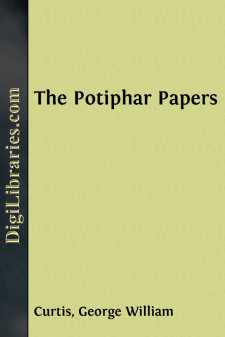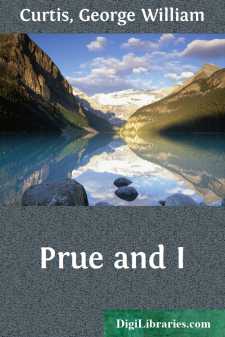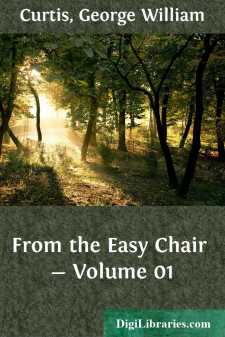Categories
- Antiques & Collectibles 13
- Architecture 36
- Art 48
- Bibles 22
- Biography & Autobiography 813
- Body, Mind & Spirit 142
- Business & Economics 28
- Children's Books 15
- Children's Fiction 12
- Computers 4
- Cooking 94
- Crafts & Hobbies 4
- Drama 346
- Education 46
- Family & Relationships 57
- Fiction 11828
- Games 19
- Gardening 17
- Health & Fitness 34
- History 1377
- House & Home 1
- Humor 147
- Juvenile Fiction 1873
- Juvenile Nonfiction 202
- Language Arts & Disciplines 88
- Law 16
- Literary Collections 686
- Literary Criticism 179
- Mathematics 13
- Medical 41
- Music 40
- Nature 179
- Non-Classifiable 1768
- Performing Arts 7
- Periodicals 1453
- Philosophy 64
- Photography 2
- Poetry 896
- Political Science 203
- Psychology 42
- Reference 154
- Religion 513
- Science 126
- Self-Help 84
- Social Science 81
- Sports & Recreation 34
- Study Aids 3
- Technology & Engineering 59
- Transportation 23
- Travel 463
- True Crime 29
Literary and Social Essays
Description:
Excerpt
EMERSON
The village of Concord, Massachusetts, lies an hour's ride from Boston, upon the Great Northern Railway. It is one of those quiet New England towns, whose few white houses, grouped upon the plain, make but a slight impression upon the mind of the busy traveller hurrying to or from the city. As the conductor shouts "Concord!" the busy traveller has scarcely time to recall "Concord, Lexington, and Bunker Hill" before the town has vanished and he is darting through woods and fields as solitary as those he has just left in New Hampshire. Yet as it vanishes he may chance to "see" two or three spires, and as they rush behind the trees his eyes fall upon a gleaming sheet of water. It is Walden Pond—or Walden Water, as Orphic Alcott used to call it—whose virgin seclusion was a just image of that of the little village, until one afternoon, some half-dozen or more years since, a shriek, sharper than any that had rung from Walden woods since the last war-whoop of the last Indians of Musketaquid, announced to astonished Concord, drowsing in the river meadows, that the nineteenth century had overtaken it. Yet long before the material force of the age bound the town to the rest of the world, the spiritual force of a single mind in it had attracted attention to it, and made its lonely plains as dear to many widely scattered minds as the groves of the Academy or the vineyards of Vaucluse.
Except in causing the erection of the railway buildings and several dwellings near it, steam has not much changed Concord. It is yet one of the quiet country towns whose charm is incredible to all but those who, by loving it, have found it worthy of love. The shire-town of the great agricultural county of Middlesex, it is not disturbed by the feverish throb of factories, nor by any roar of inexorable toil but the few puffs of the locomotive. One day, during the autumn, it is thronged with the neighboring farmers, who hold their high festival —the annual cattle-show—there. But the calm tenor of Concord life is not varied, even on that day, by anything more exciting than fat oxen and the cud-chewing eloquence of the agricultural dinner. The population of the region is composed of sturdy, sterling men, worthy representatives of the ancestors who sowed along the Concord shores, with their seed-corn and rye, the germs of a prodigious national greatness. At intervals every day the rattle, roar, and whistle of the swift shuttle darting to and from the metropolitan heart of New England, weaving prosperity upon the land, remind those farmers in their silent fields that the great world yet wags and wrestles. And the farmer-boy—sweeping with flashing scythe through the river meadows, whose coarse grass glitters, apt for mowing, in the early June morning—pauses as the whistle dies into the distance, and, wiping his brow and whetting his blade anew, questions the country-smitten citizen, the amateur Corydon struggling with imperfect stroke behind him, of the mystic romance of city life....







